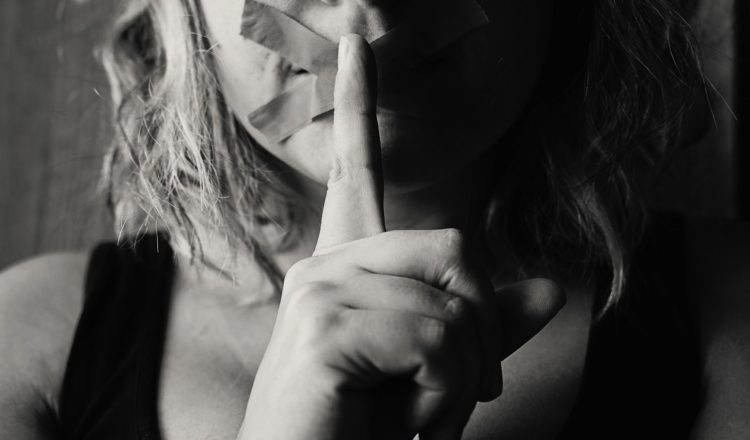The number of confirmed cases of coronavirus (2019-nCoV) has reached 17,489, with 362 deaths, as of the morning of Feb 3, according to the interactive map provided by Johns Hopkins CSSE (Center for Systems Science and Engineering). But Jane Orient, M.D., executive director of the Association of American Physicians and Surgeons (AAPS), asks: “Would China have locked down more than 17 cities for only 362 deaths?”
China is complaining that the growing U.S. travel ban is unnecessary, citing the World Health Organization. But another city, Wenzhou, which is nearly 600 miles from Wuhan, has been quarantined. Only one designated person within each family household will be allowed to go outdoors, once every two days, to shop for basic necessities.
Hong Kong-based Initium Media reported on Jan 26 that all 14 cremation chambers in one large funeral home are operating 24 hours a day, seven days per week, rather than four hours per day, five days per week, as before the outbreak.
News in China is heavily censored, Dr. Orient pointed out. A Jan 28 directive issued by China’s Ministry of Public Security ordered all police departments throughout the country to make “wartime preparations.” In addition to enforcing quarantine orders and helping to speed the distribution of medical supplies, police were charged with “maintaining social stability” by “severely” punishing any public or online reporting about the spread of the epidemic.
A Twitter post read: “The [Wuhan] city government and Hubei Provincial Civil Affairs Ministry have dispatched vehicles, staff, and protective gear to each funeral house [in Wuhan].” The post went on to offer “free cremation for the corpses of coronavirus victims” who died on January 26 or later. The reason the city was deploying these new resources, it said, was “to improve the capacity of transporting and dealing with corpses.”
The post obviously didn’t please the censors, writes Steven Mosher. An hour later the above sentences were deleted from the text. Reportedly, he stated, crematorium workers in the city of Wuhan claim that bodies are being sent from hospitals without being added to the official record.
Dr. Orient asks, “Did censorship impede early response?” The first wave of cases must have occurred in December or earlier because 41 cases admitted to hospital in Wuhan had a laboratory-confirmed diagnosis of 2010-nCoV by Jan 2. But Wuhan was not placed under quarantine until 5 million people had left to celebrate the New Year, carrying the virus all across China.
Dr. Orient notes that before the 1918 influenza epidemic, a solo, horse-and-buggy physician in Kansas, Dr. Loring Miner, made the correct diagnosis of an unusually lethal outbreak of influenza and did all he could to sound the alarm. The U.S. Public Health Service ignored him, writes John M. Barry in his 2004 book, The Great Influenza: the Epic Story of the Deadliest Plague in History. Might social media have stopped that epidemic in its tracks?
Although timely information is critical to allow people to protect themselves, some in the U.S. apparently favor imitating China’s Great Firewall, the most sophisticated internet censorship operation in the world, suggests Dr. Orient. According to ABC News, Facebook, Twitter, and Google are taking steps to “stop the spread of coronavirus conspiracy theories.” Facebook’s head of health Kang-Xing Jin stated in a blogpost that it has “a third-party team of fact-checkers reviewing content related to the virus,” so that Facebook can limit the spread of what it deems false information.
The dominant internet service providers are also suppressing any information they deem to be “anti-vaccination,” such as reports of adverse effects. AAPS has filed a lawsuit against Rep. Adam Schiff for abuse of government power to pressure these corporations to hinder dissemination of material he believes inappropriate.
“For citizens to trust public health authorities, they need to have confidence that they are receiving accurate, complete, timely information,” Dr. Orient stated. “Censorship destroys trust. The proper response to error is to refute it in an open discussion.”




